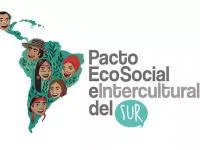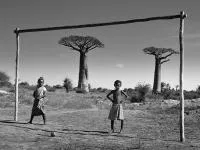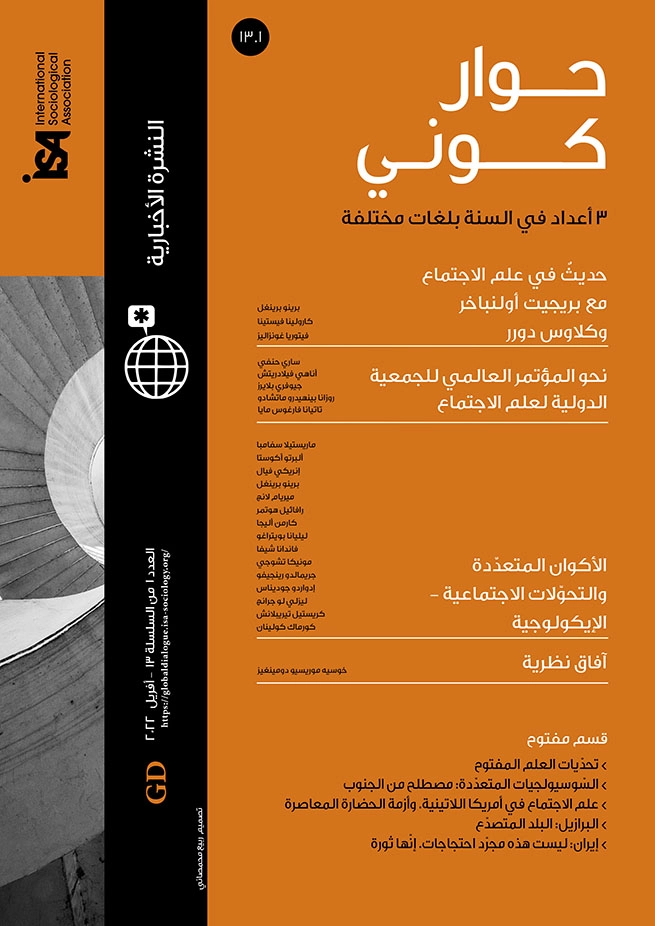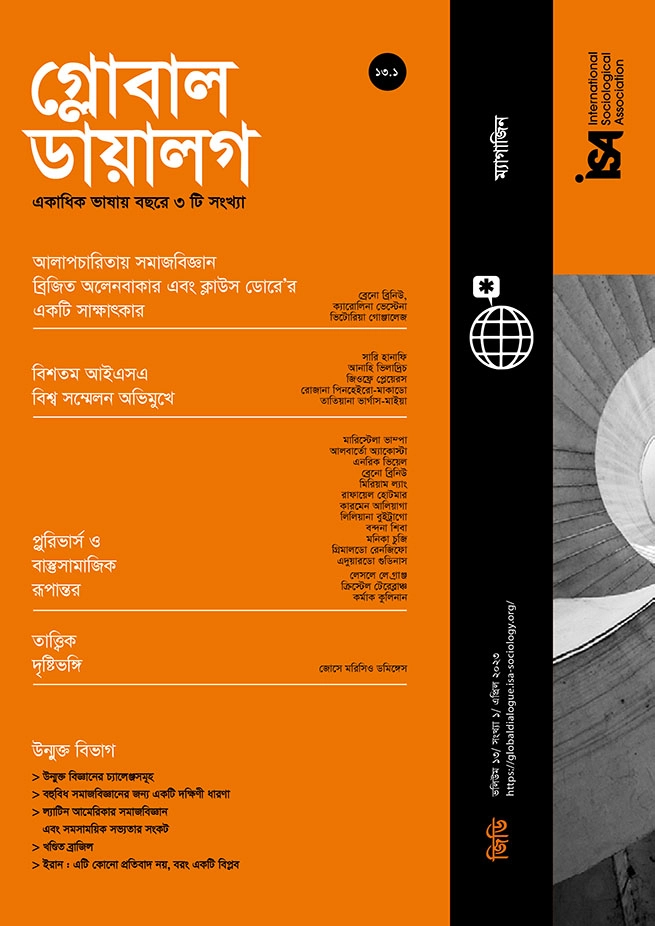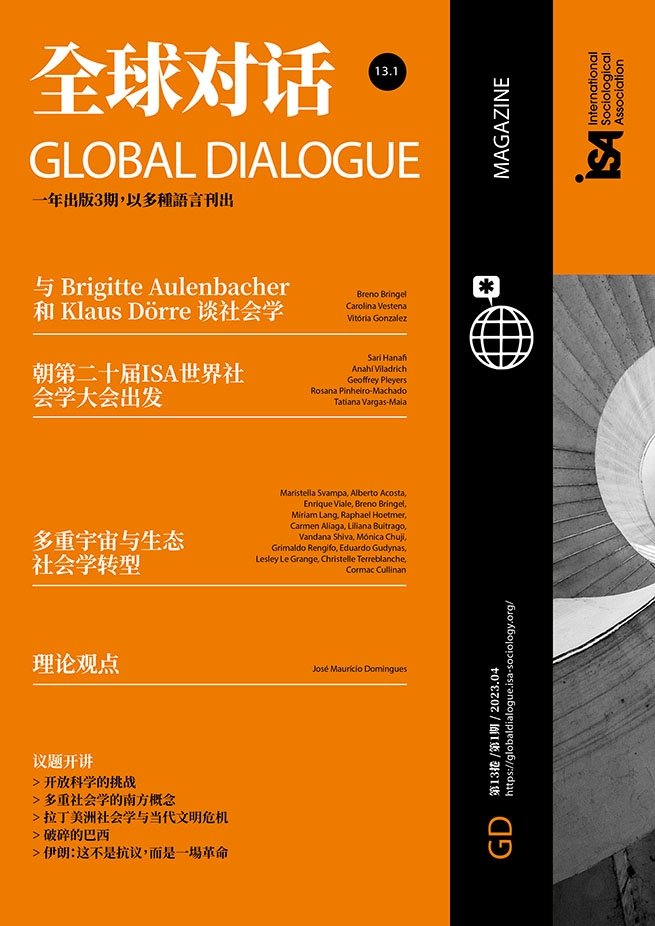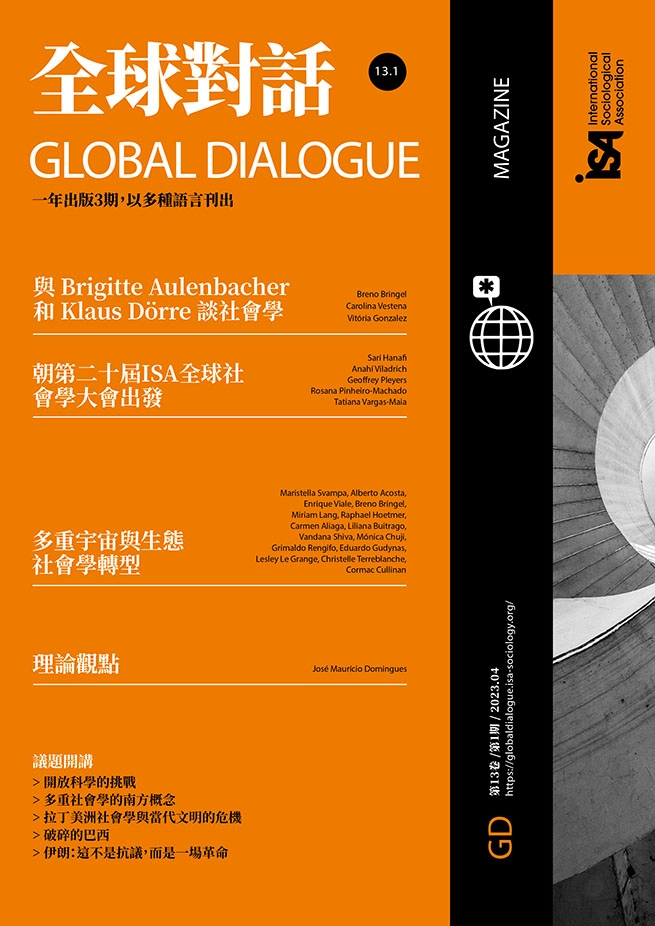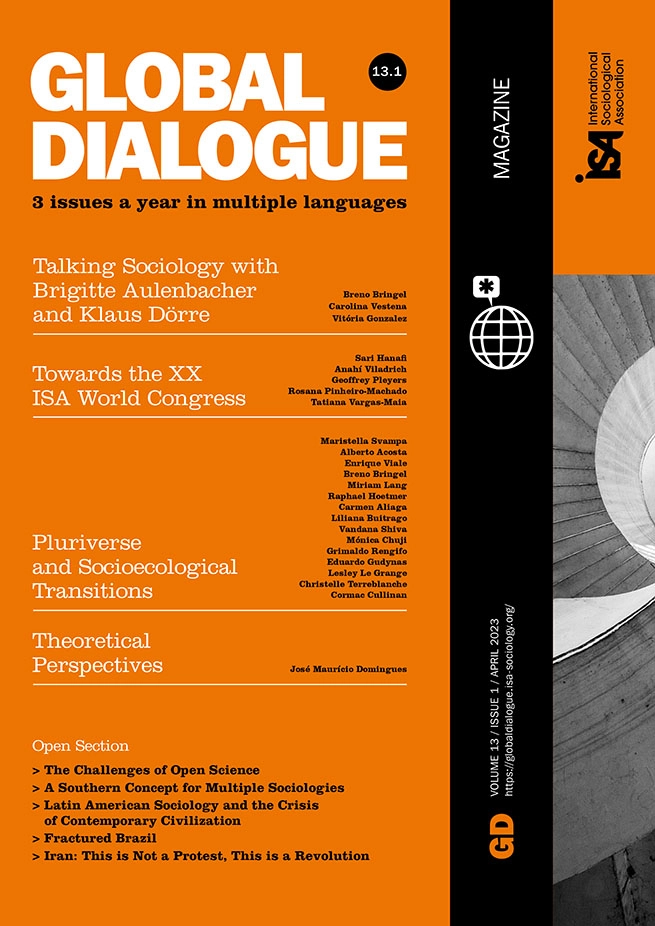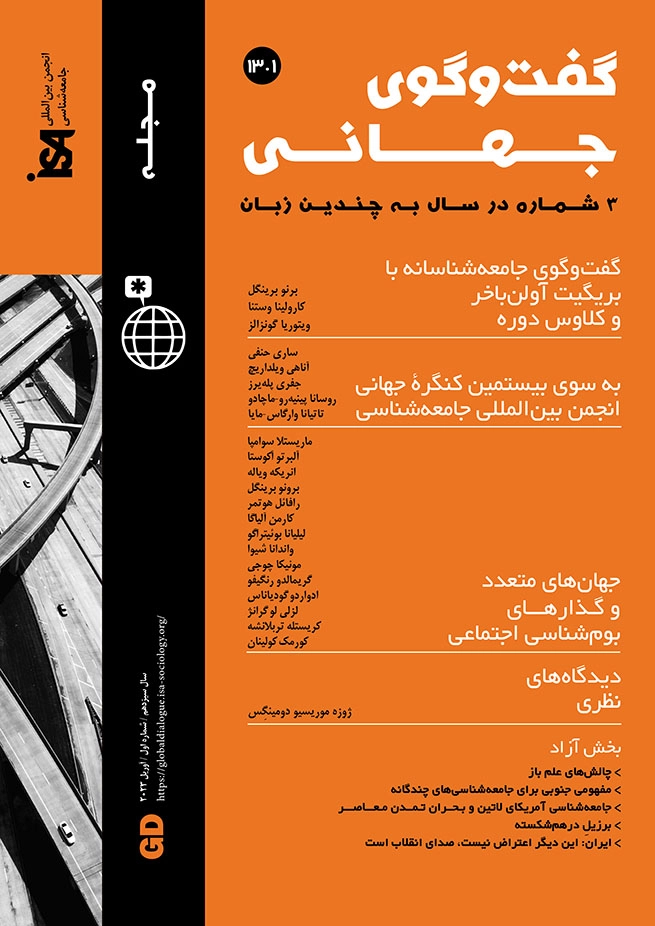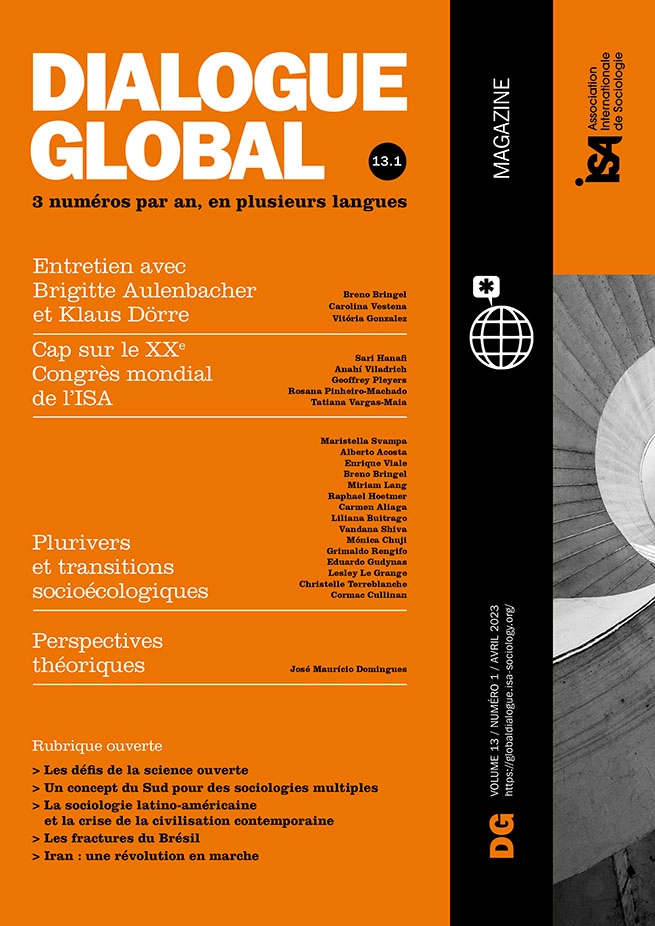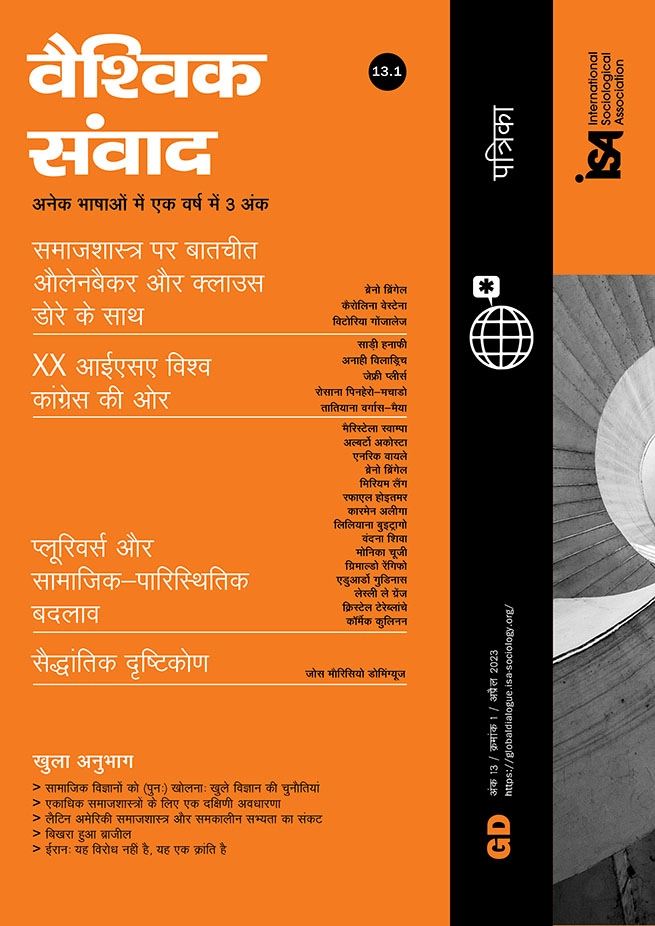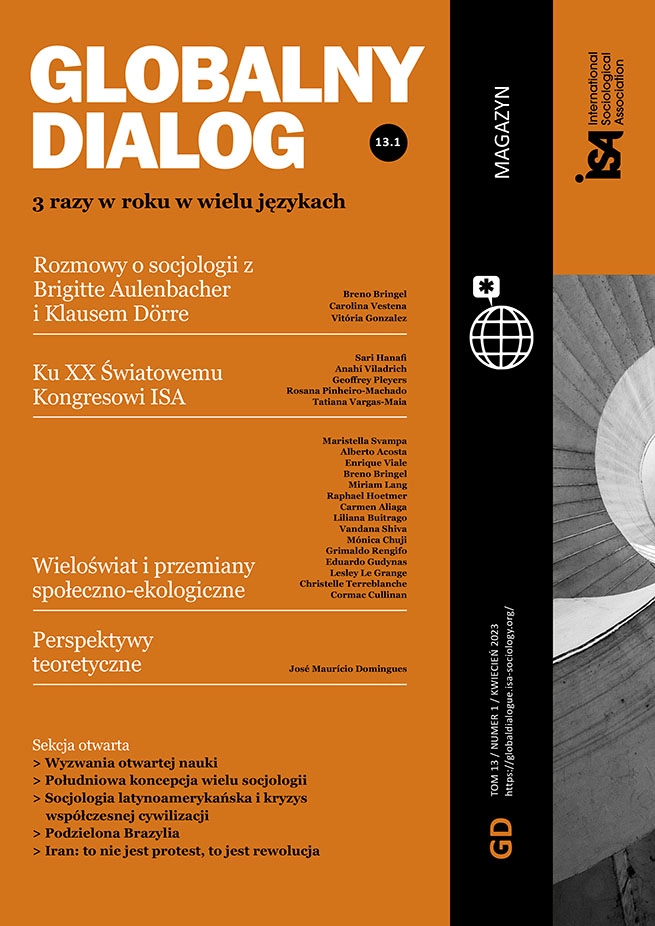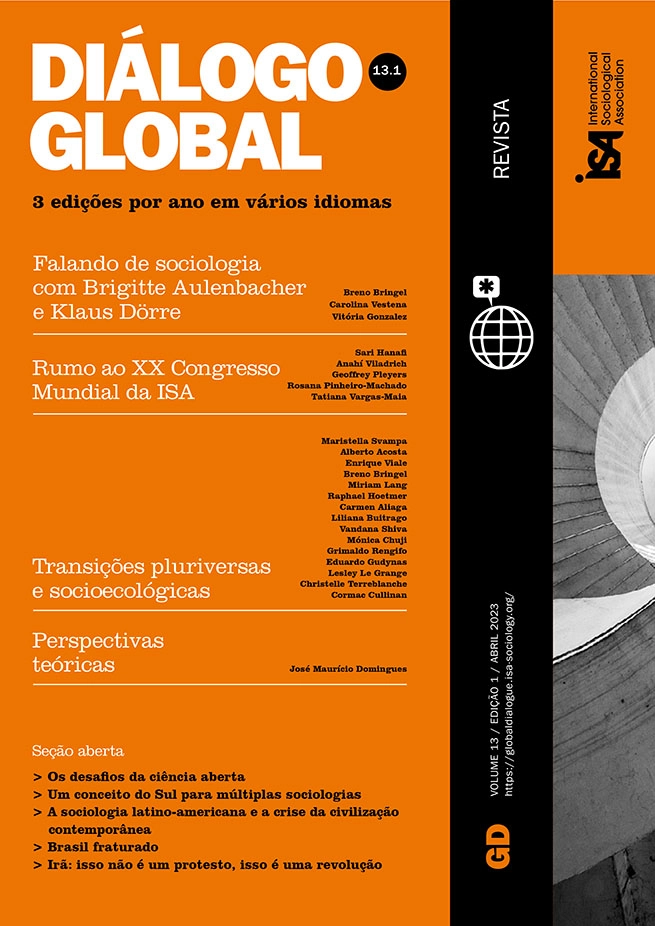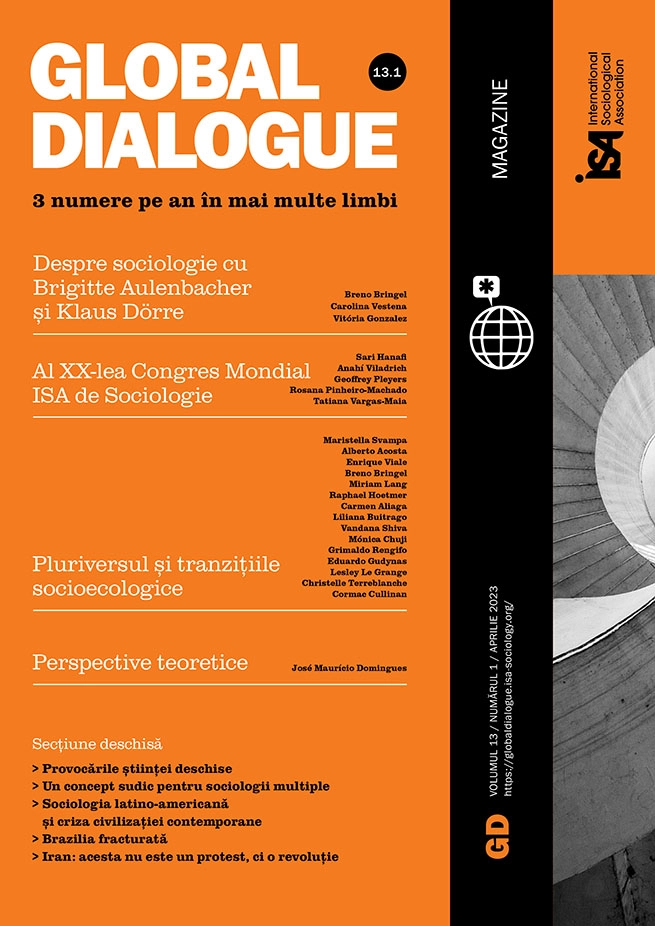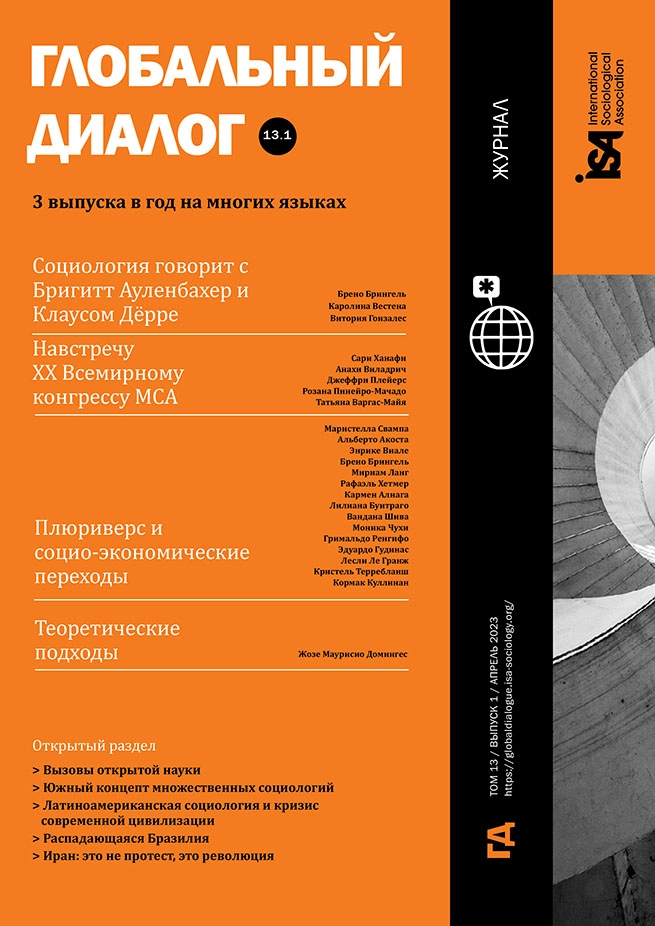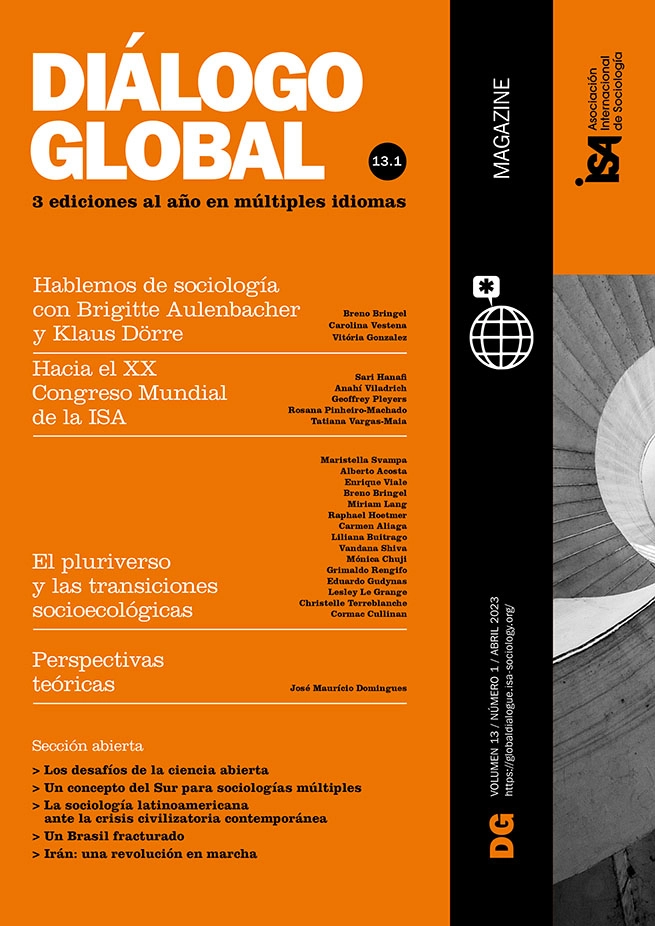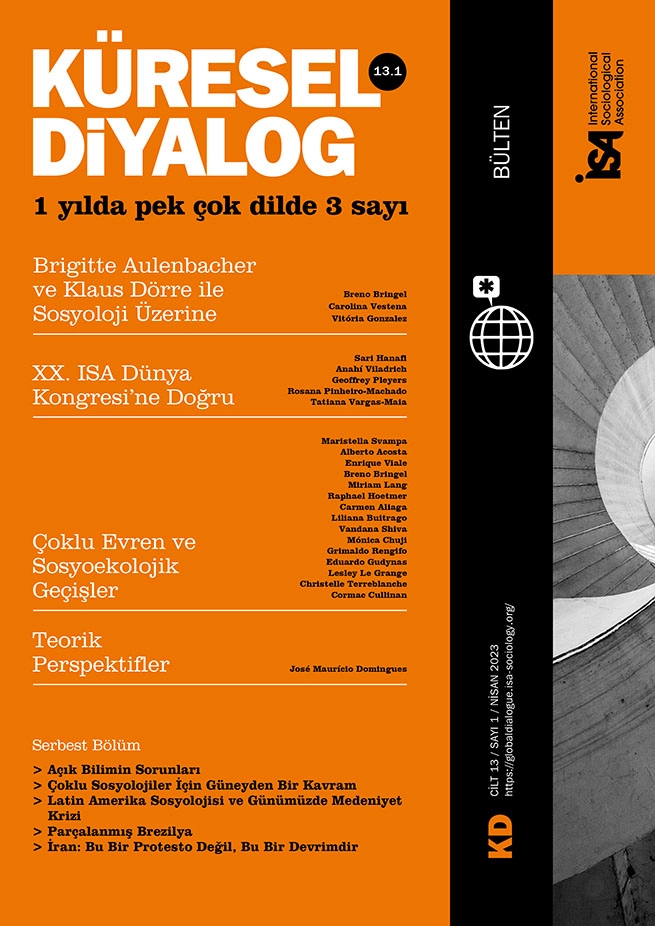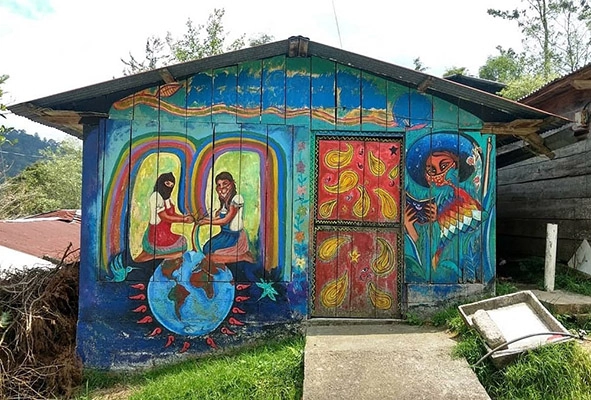Ecofeminists spell out historical, material, and ideological connections between the subjugation of women and the domination of nature. As members of an evolving movement, they speak to a diverse body of political theory including feminist, decolonial, and environmental ethics, urging examination of how foundational concepts are embedded in and corrupted by traditional sex-gendered assumptions. From its beginnings in the 1960s, ecofeminist theory was inspired by grassroots direct action. Ecofeminism grew rapidly alongside the anti-nuclear and peace movements of the 1970s and 80s, and amidst rising public concern over environmental degradation. Women activists are found wherever the social and ecological reproduction of life is threatened: whether by toxic waste, race violence, exploitation of care workers, biodiversity loss, deforestation, commoditized seeds, or dispossession of ancestral lands for “development.”
Ecofeminists assert that human emancipation from historically patriarchal attitudes cannot be achieved without the liberation of all “othered” beings. They see how women in the Global North and peasants and indigenous peoples in the Global South can combine into a single authentic political voice. The reason is that these social groupings are skilled in caring for human and non-human life. As a politics, ecofeminism is therefore sui generis and not simply an offshoot of feminism, Marxism, or ecology. Notwithstanding some cross-fertilization of ideas, ecofeminism rearticulates feminist concerns about social equality by linking it to environmental justice and integrity.
A reconstructive revolution offering reflexive self-awareness
Ecofeminism is sometimes regarded as a revival of ancient wisdom on the interconnectedness of “all life.” An example would be India’s Chipko women who, centuries ago, protected forests from logging, with their arms wrapped around the trees. However, the actual term ecofeminism is attributed to French feminist Francoise d’Eaubonne’s 1974 appeal for a revolution to save the ecosphere: a total reconstruction of relations between humans and nature, and also between men and women. Pioneering theorist Carolyn Merchant’s historical analysis of the European scientific revolution, The Death of Nature, exposed the determination of modernity’s fathers to master women’s reproductive sovereignty through institutionalized witch hunts. The specialized knowledge of herbalists and midwives was replaced by a “profession of medicine” positing nature and the body as “machines.” This abolished the precautionary principle inherent in women’s care-giving labors, while reinforcing at the same time an ancient dualist ontology of men’s rational superiority and control over “others” such as “unruly” women and “chaotic” nature.
Mainstream liberal modernists have often read the ecofeminist critique upside down as entrenching the patriarchal idea that women or natives are “essentially closer to nature” and thereby inferior. In fact, ecofeminists deconstruct old hegemonic binaries stemming from the “man over nature” dualism, revealing just how these are used by people of sex-gender, ethnic, and class privilege to maintain their social domination by “othering.” Understood in this way, an ecofeminist standpoint can help deepen a person’s reflexive self-awareness as to how they themselves are served by existing power relations.
Women’s work, ecological knowledge, and materialist critiques
Internationally, women do 65% of all work for 10% of wages while in the Global South, women produce 60% to 80% of all food consumed. Following research in colonial Africa and South America, Maria Mies and her German Bielefeld School associates proposed a “subsistence perspective” validating the ecological knowledge of women and peasants as producers and provisioners of life[1]. Since the 1980s, this economic argument has mobilized ecofeminism as a post-development politics, anticipating contemporary alternatives such as the Latin American indigenous buen vivir or “good life” worldview, and recent European attention to de-growth and solidarity economies. Another exposé of “maldevelopment” has been Vandana Shiva’s account of how communal food sovereignty achieved by Indian women farmers was lost after the introduction of twentieth-century Green Revolution technologies.
As financial and technological fixes deepen the ecological crisis, ecofeminists uncover the complex class, ethnic, and sex-gendered character of capitalist appropriation. Being a materialist politics grounded in labor, it is non-essentialist; it connects the dots between overconsumption in the affluent industrialized Global North and its “taps and sinks” in the Global South. For it is the peripheries of capitalist patriarchal productivism that carry its polluting fallout – as ecological debt for indigenous communities, and as an embodied debt for living women and future generations. Materialist ecofeminists such as Ariel Salleh, Mary Mellor, Ewa Charkiewicz, Ana Isla, and others link subsistence and eco-sufficiency[2]. Their structural critiques of reductionist economics point to its blindsiding of reproductive work in homes and in fields – and of the natural cycles on which capitalism depends.
An ecofeminist meta-industrial response to the environmental crisis
Ecofeminists argue that such reproductive labor stands a priori in opposition to capitalist and Marxist valorization of production and exchange value as the driver of accumulation. Salleh conceptualizes unspoken reproductive workers – women, peasants, and indigenes – as a worldwide majority “meta-industrial class” whose skills express an “embodied materialist” epistemology and ethic. Their regenerative modes of provisioning at the cusp of nature are a ready-made political and material response to the environmental crisis. Such workers exist around the world in a vast, yet seemingly invisible, patchwork of non-alienated work, maintaining life in a complex web of humanity–nature relationships. Meta-industrial labor infuses ecological cycles with a positive net “metabolic value.” Clearly, ecofeminism expands the focus of traditional Marxist class analysis. And indeed, its theorization of the “naturalized” underpinnings of capitalist appropriation through reproductive labor is being taken up on the academic left. There is always a risk, however, that women’s theorizations will be repackaged in existing patriarchal meta-narratives.
Convergent communal emancipation and care
An ecofeminist politics aims to foster human emancipation through regenerative solidarity economies based on sharing. It puts complexity before homogeneity, cooperation before competition, commons before property, and use value before exchange value. This emancipatory politics is gaining recognition for its capacity to elucidate convergences between the concerns of ecology, feminism, Marxism, and life-centered indigenous ethics such as swaraj in India and the African ethos of ubuntu. The analysis it provides offers a systemic sociological foundation for all post-development alternatives which seek both equality and sustainable ways of living. Ecofeminists argue for a world-view based on care for the diversity of all life forms.
[1] Mies, Maria and Shiva, Vandana (1993) Ecofeminism. London: Zed Books.
[2] Salleh, Ariel (Ed.) (2009) Eco-Sufficiency and Global Justice: Women Write Political Ecology. London: Pluto Press.
Christelle Terreblanche, University of KwaZulu-Natal, South Africa <terreblanche.christelle@gmail.com>
